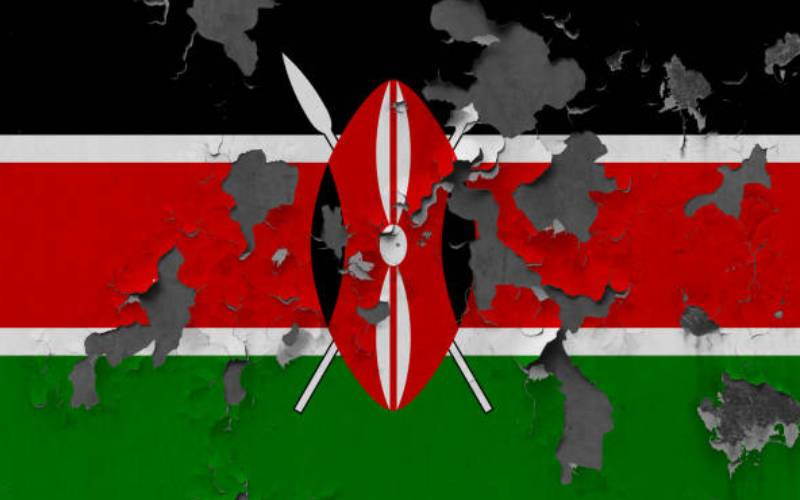×
The Standard e-Paper
Smart Minds Choose Us

Is Kenya running on a backsliding democracy mainly because of the massive corruption in government that is fast eating away the pillars and values of a democracy?
Or, is Kenya actually speeding towards post-democracy, a term coined by British political scientist Colin Crouch to refer to democracies that have a resemblance of institutions of democracy but in effect are much weaker than they ought to be?